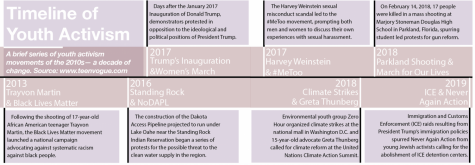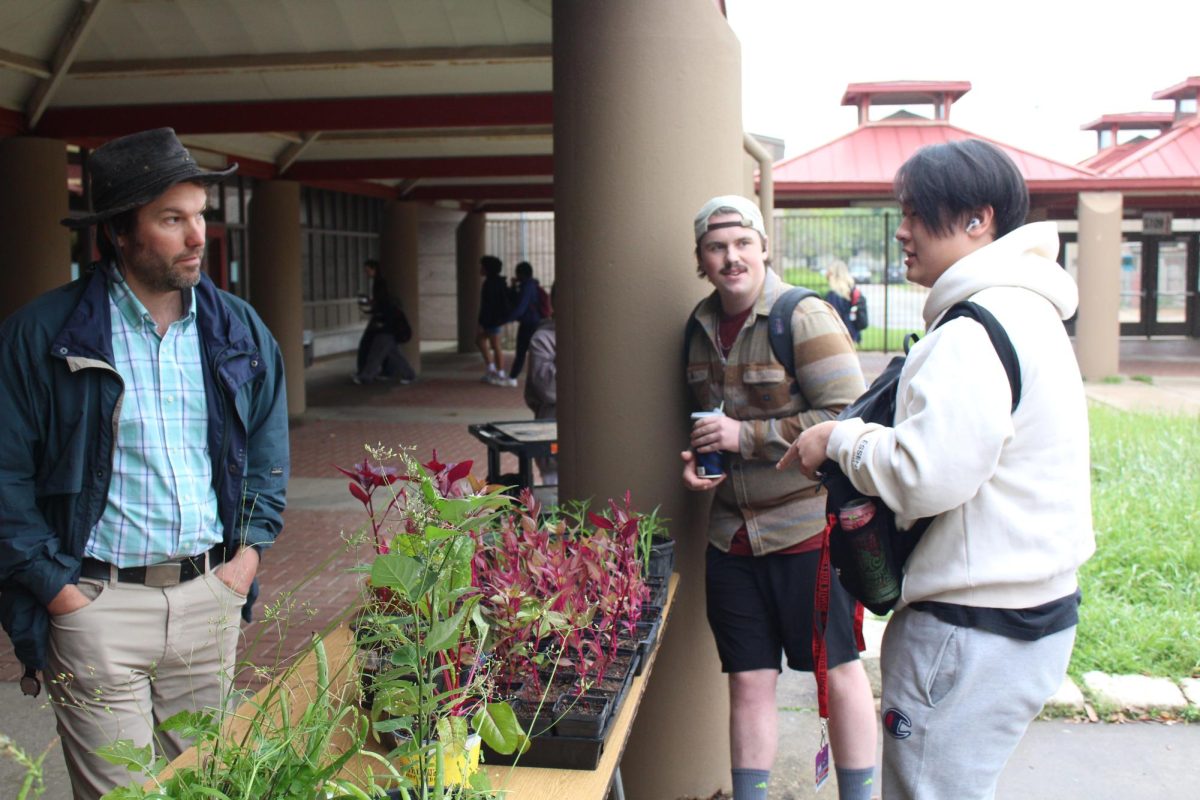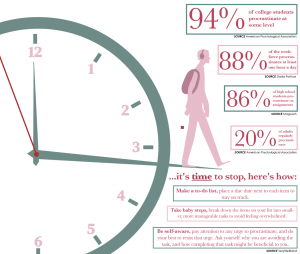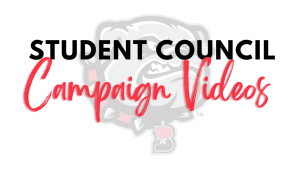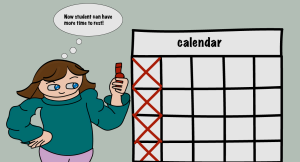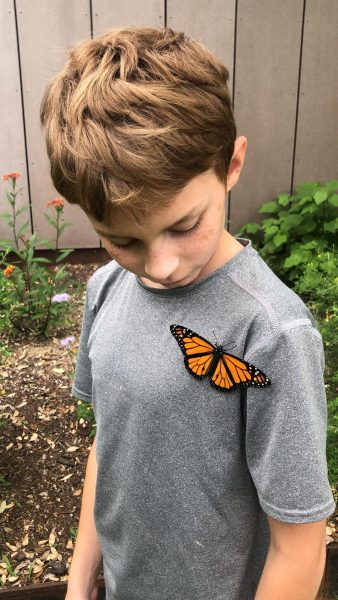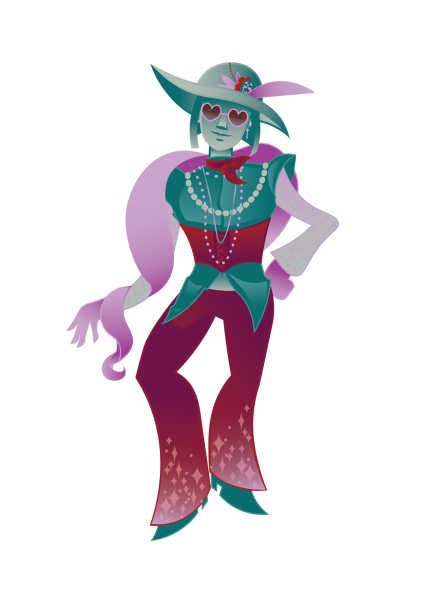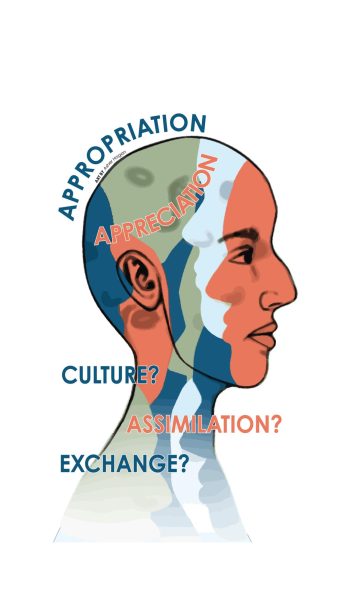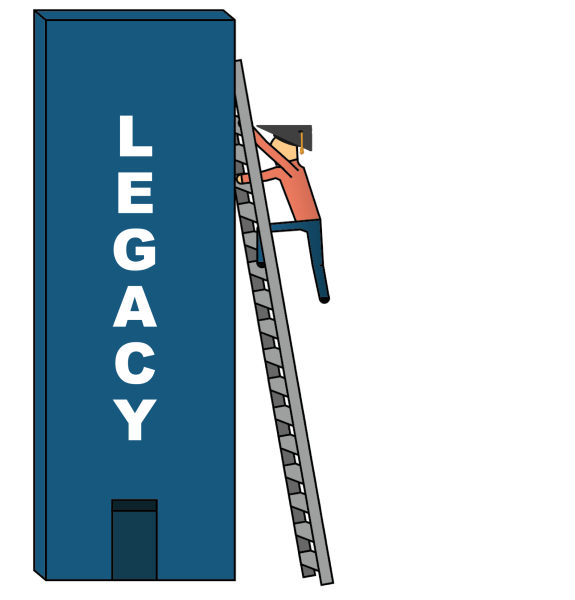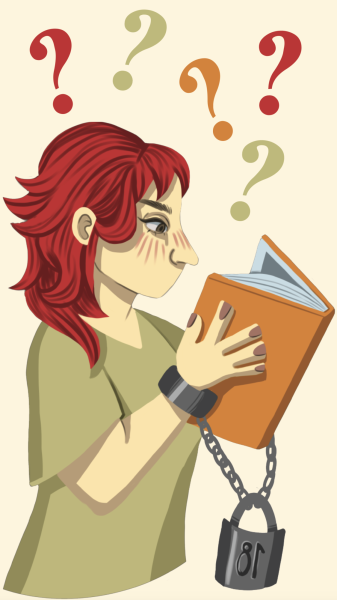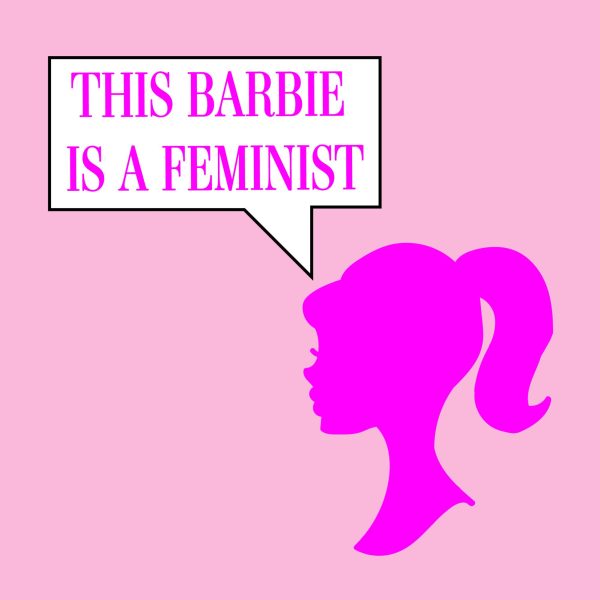Youth In Demand
February 21, 2020
Social issues lead young activists to take a stand in support of humanitarian and social justice movements
As the 2010’s came to a close, young people began taking an active voice against oppression and issues they deemed important. From social justice to environmental advocacy, adolescents have organized and revitalized movements to garner change on large and small scales. Names like Malala Yousafazai and Greta Thunberg are now famous.
Amnesty International is a human rights advocacy group founded in 1961 to provide support for anyone whose basic freedoms may be threatened. Sophomore Malaika Beg, President of the Amnesty International Club, explains how the student members further the humanitarian efforts of the organization they are partnered with.
“[In Amnesty International Club] we work with the Amnesty International non-profit organization by following their projects and campaigns, some of which have to do with things such as refugees or ending gun violence,” Beg said. “We try to focus on more recent issues going on and how we can fix these problems.”
According to Amnesty International’s Student Group Starter Guide, the goal of forming a local human rights movement is to ‘mobilize your community to be a powerful force for dignity and justice.’ For freshman club member Jake Stachura, advocating non-partisan issues not only leads to positivity on a wider scale, but also on a personal one.
“I’ve always been into activism and wanting to change the world,” Stachura said. “I had this general idea of wanting to do something to change the world, which I know sounds cliché but that’s what I want to do— help people.”
One of the main platforms of campaigning in Amnesty International is writing letters demanding action from the institutions who can influence change in different parts of the world. Kam Magor has been a member of the organization for twenty years and explained the appeal of such a straightforward and effective form of advocacy.
“[Amnesty International] wasn’t political,” Magor said. “It wasn’t left or right, or liberal or conservative. There was no fault you could find about what they were doing and you couldn’t say it was too radical. It is just a simple thing like writing a letter, but it actually makes a difference.”
Active Importance
The Universal Declaration of Human Rights is a document published by the United Nations in 1948 which outlines a set of fundamental human rights necessary for universal protection, such as life, liberty, and security. Activist senior Rachel Chambers believes that it is the duty of young people to advocate on behalf of those whose basic rights are violated.
“A lot of time, groups struggle with getting the best representation because they’re often minority groups that get overlooked,” Chambers said. “As young people, we’re the future, and if we’re not representing our issues and our peers then we’re letting older generations take control of what’s going to happen for us, and we’re going to end up missing out on what we really need.”
Youth Involvement
According to a 2017 National Youth Survey of young people ages 15 to 24, 35 percent of young women and 40 percent of young men feel like their advocacy will not make a difference in various campaigns or causes. For Stachura, he believes that young people are the backbone of change since they are the next generation to be in control.
“Some believe that young people don’t have the power to change anything, but I feel like that’s completely wrong and young people actually have more power for change,” Stachura said. “If we all unite under this idea that somethings wrong and we need to change it, eventually things are going to change— whether that’s us changing it or the people in charge making those changes.”
With the rise of social media and mobile technology, various groups have labeled 21st century youth as the “Me Me Me Generation,” reflecting the projected belief that current young people are only focused on their own lives and desires. Beg challenges this outlook, stating that more adolescents are beginning to have concern with others who face challenges separate from themselves.
“I feel like sometimes [young people] focus so much on themselves that they are never able to see the big picture and what’s going on all around the world,” Beg said. “It feels great to help out other people and know that you can really make a difference in someone’s life who is less fortunate.”
In the same 2017 National Youth Survey, 55 percent of young women and 41 percent of young men feel like they don’t know enough about the issues surrounding different campaigns and causes. Magor suggests that by studying history, young people can become mobilized in pursuing different noteworthy causes.
“You can look at history and feel empowered,” Magor said. “Study history and see all of the positive changes that have been made starting with just a few people being activists. You have to stick with it, you have to keep going.”
Sixteen percent of young men and 29 percent of young women choose not to participate in various campaigns or causes because they don’t want to face criticism. Stachura expressed his view that activism does not have to be some big action with an immediate outcome, rather it is small actions that over time make a greater impact.
“Activism is about changing the world, not being a big media star,” Stachura said. “Every little bit helps. It’s like a staircase, you can’t go up if there’s no stairs. Each little piece is like another step, and as you climb over time everything gets better.”
Chambers understands that young people can have the tendency to only focus on themselves rather than expanding their view to other people in different parts of the world, however, she encourages her peers to read the news and become aware of things going on everywhere.
“It’s so easy to put the blinders on and just think about what you are doing next weekend or which person is having a party,” Chambers said. “You’re totally able to have a part of yourself that pays attention to the news and stays educated on what’s going on. The best thing we can all do is better educate ourselves and others and always remember that there are other people in the world and it’s not just about you.”
According to the 2017 National Youth Survey, over the last 12 months, 50 percent of young women and 39 percent of young men liked or followed a campaign or organization online, reflecting a large group of youth interested in following change efforts. While 77 percent of young people believe the United States is divided, 59 percent think America’s best days lay in the future.
“I feel like it’s important for young people to become active [in change] because young people are the future,” Stachura said. “Eventually, young people are going to be in positions of power and have the real power to change things. We want people to have the right ideas and help change the world for the better.”
For Beg, a key reason why activism is so important lies in the uncertainty of life and how someone’s situation could change, potentially putting them in need of help and support from others.
“If someone is young and has the courage to put their energy and time into something, it shows effort and that young people are taking what’s going on around them seriously,” Beg said. “You never know what situation you are going to be put in, so it’s always great to show empathy. Everyone matters, and even if an issue is not directly affecting you it could be affecting a lot of people who have gone through worse.”
Magor has been an advocate for 50 years and after all this time she feels heartened that there is a large group of young people who are advocating for causes they are passionate about.
“My generation is sort of on its way out,” Magor said. “That doesn’t mean we can’t still be strong advocates, but we know we’re not going to be around forever to keep [activism] going, so it’s a really good feeling to know that young people are taking up the baton when we eventually leave.”
Stachura expressed that having strong feelings toward major issues around the world is what keeps advocates like himself involved and engaged and explained the satisfaction one can receive from supporting a cause.
“It’s an anger towards unjust actions and it’s this anger that fuels us to want change,” Stachura said. “We don’t want to be angry, we don’t want there to be things that make us sad or make us angry. It’s like a fire that fuels you and then you can rest knowing you’ve helped people and you’ve changed the world.”
